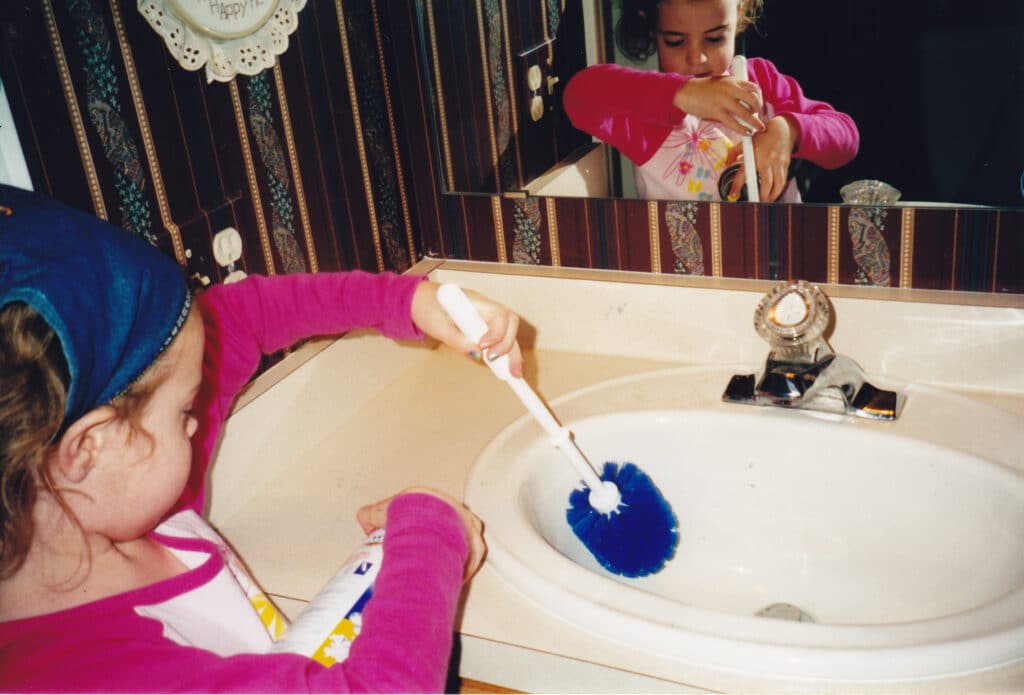
As I begin a new decade of my life, I’ve become more aware of the toys that model real-world “adulting.” Pretend play is a childhood staple, and often it involves kids performing what they see adults do. I’ve also realized, with a bit of my now developed adult cynicism, that it was a lot more fun to pretend to be an adult. The real thing doesn’t always measure up.
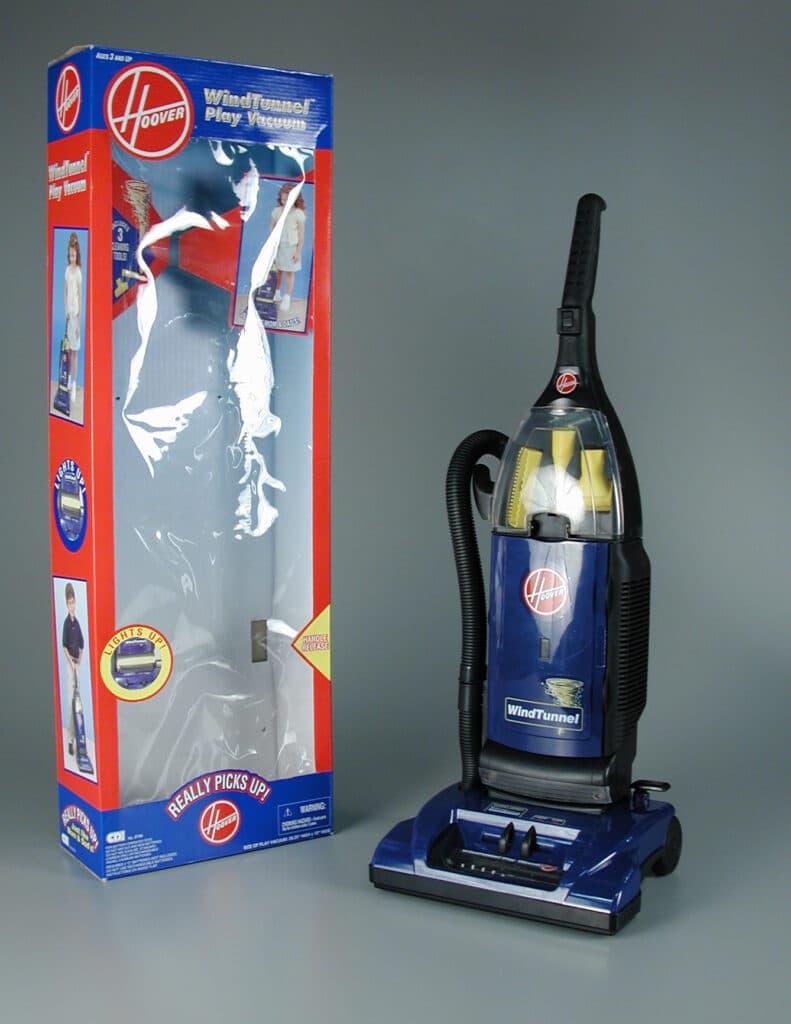
Take chores for example. Sweeping up with a fake broom or running a fake vacuum across the floor was way more fun than my now never-ending struggle to keep the cat hair out of my carpet. Cleaning the dishes is so much more fun when they don’t actually have food on them. I think it’s the lack of actual need to do the chores that makes the pretend chores more fun. I could flit around the house with my big fluffy duster as a kid, not properly cleaning anything, possibly making it worse, but there wasn’t any actual consequence. Dust is now my mortal enemy with its endless cycle of settling on surfaces.
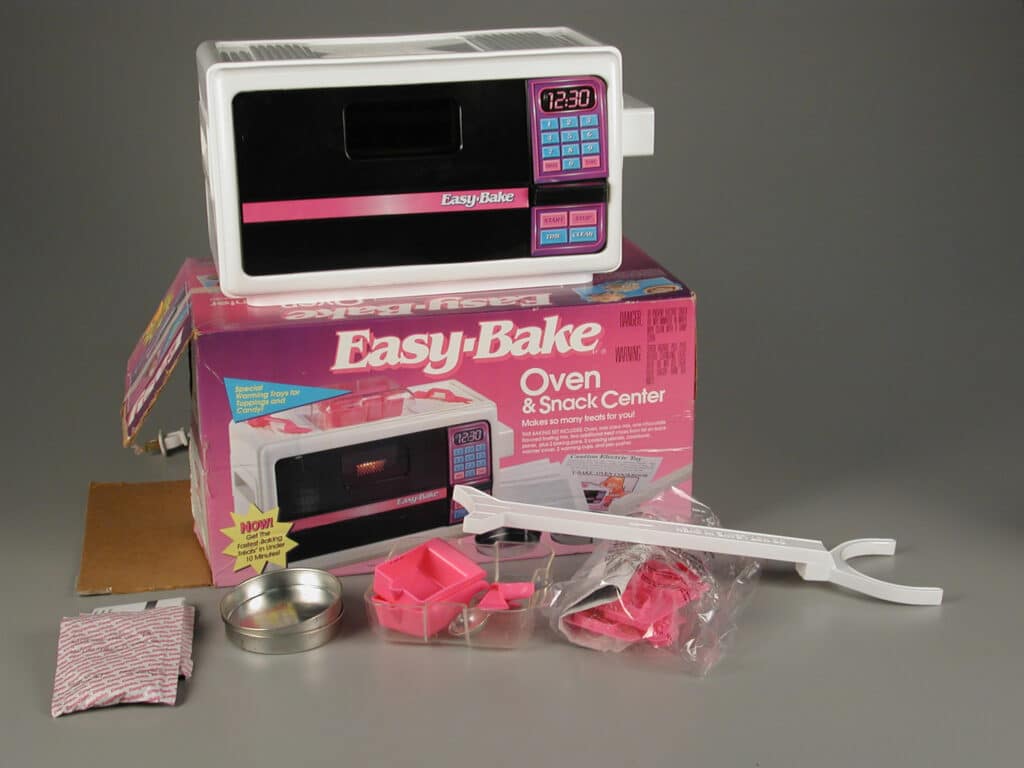
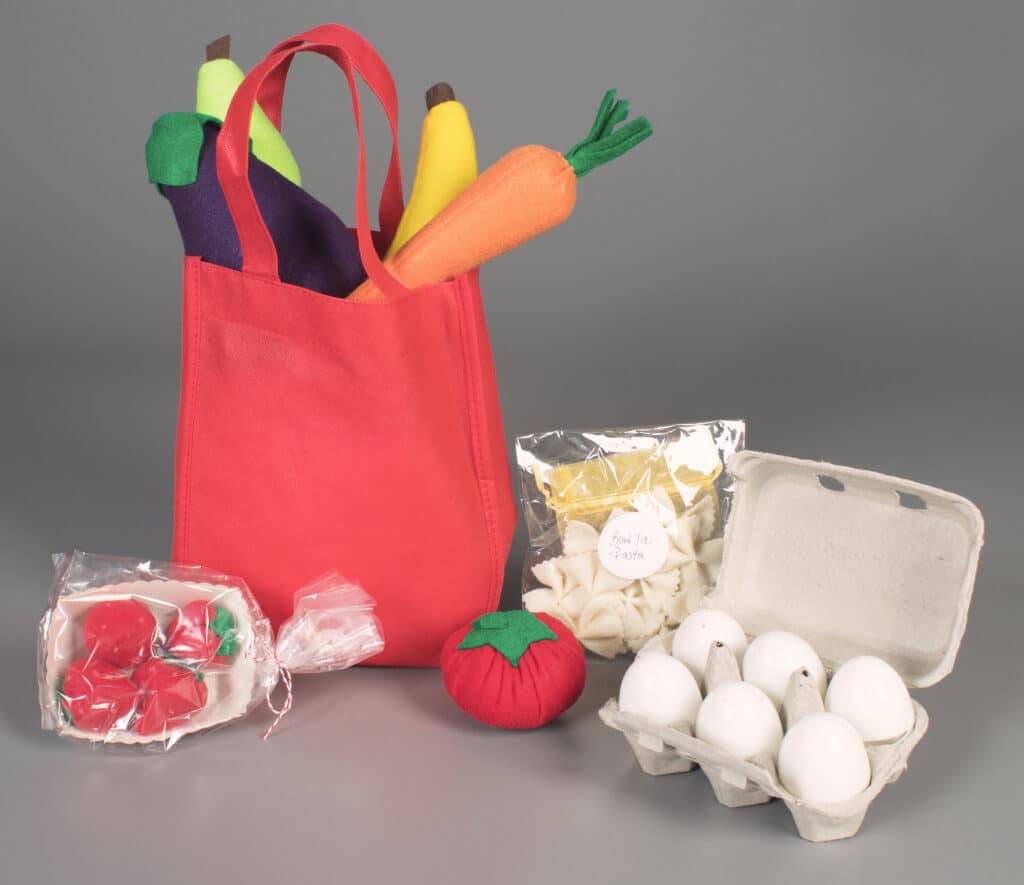
Cooking is also way more fun when it’s fake. It’s so easy. You can “chop” up your food, stir it in a bowl, dump it on a plate—they’ll all say they love it because that’s their job as adults—and then you can just dump it all back in the basket. No recipes are needed because everything comes out perfect with just the right flavor. Who can beat that? The grocery shopping is so easy too. Super Kids Market is way more fun than the real Wegmans. I don’t have to spend real money, the food never goes bad, and nothing requires prep time. There’s no such thing as perishables in the world of fake food! And let’s be honest, even when we graduate to whipping up cookies in our Easy Bake Ovens, the simplicity, speed, and abundance of desserts means it’s always a good time.
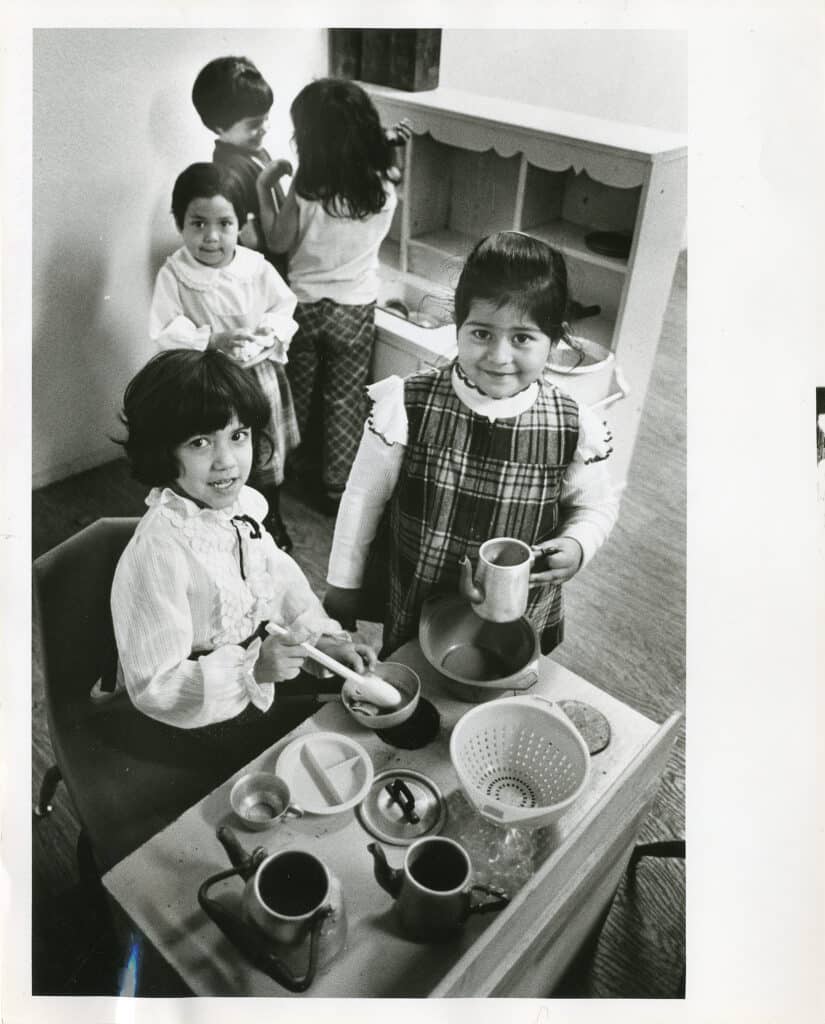
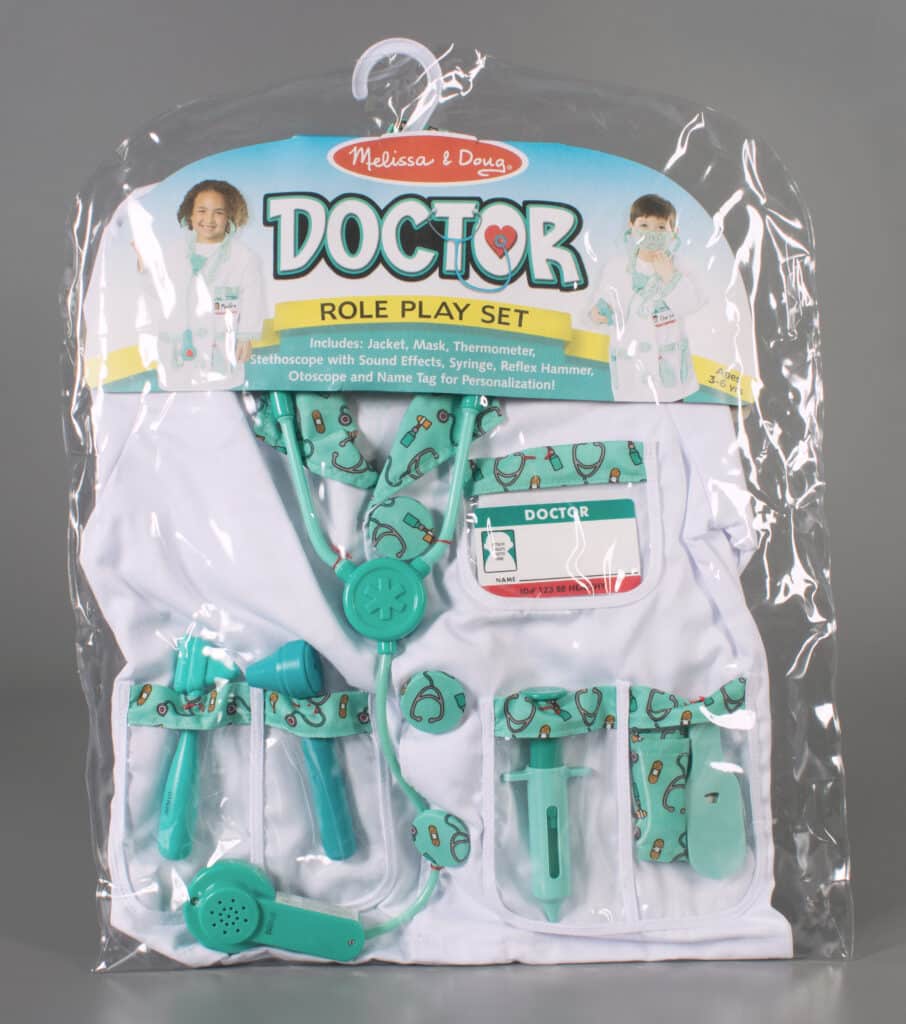
I also held so many careers as a kid. Not to mention the work was so easy! Being a doctor required no medical degree, no actual understanding of the human body, and no charts. I was a super spy using totally real (definitely not toys) spy equipment without any risk of international crisis. I was the caretaker of dozens of animals that were miraculously healthy despite empty food bowls, inconsistent care, and multiple predator/prey combinations housed together. The work environment was great. I set my own hours, had unlimited time off, wasn’t subject to performance expectations, and could do all my work from home. I may have earned no money as well, but I had no bills so that was fine.
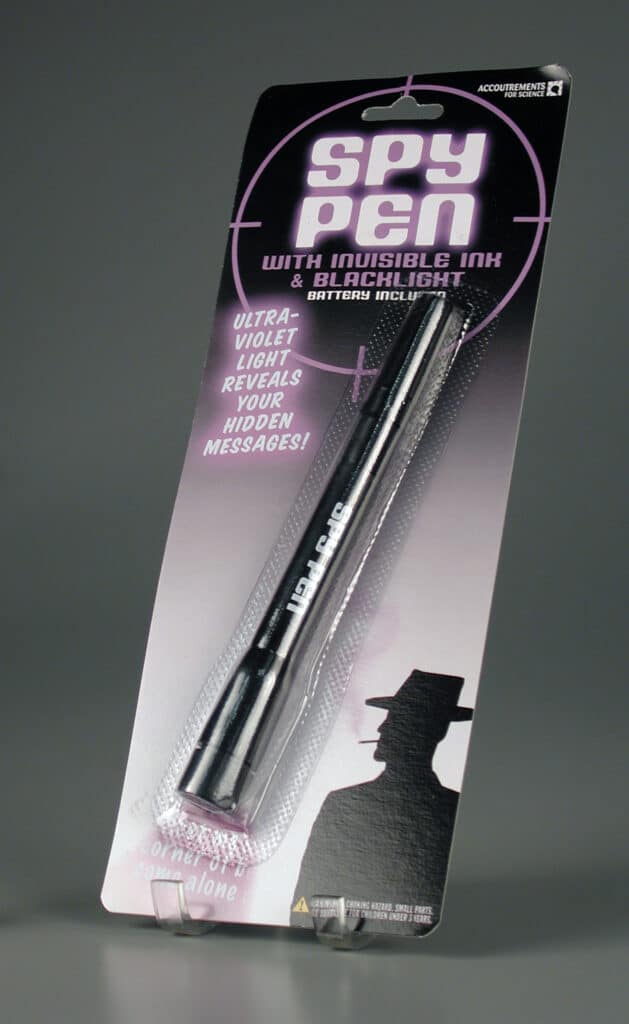
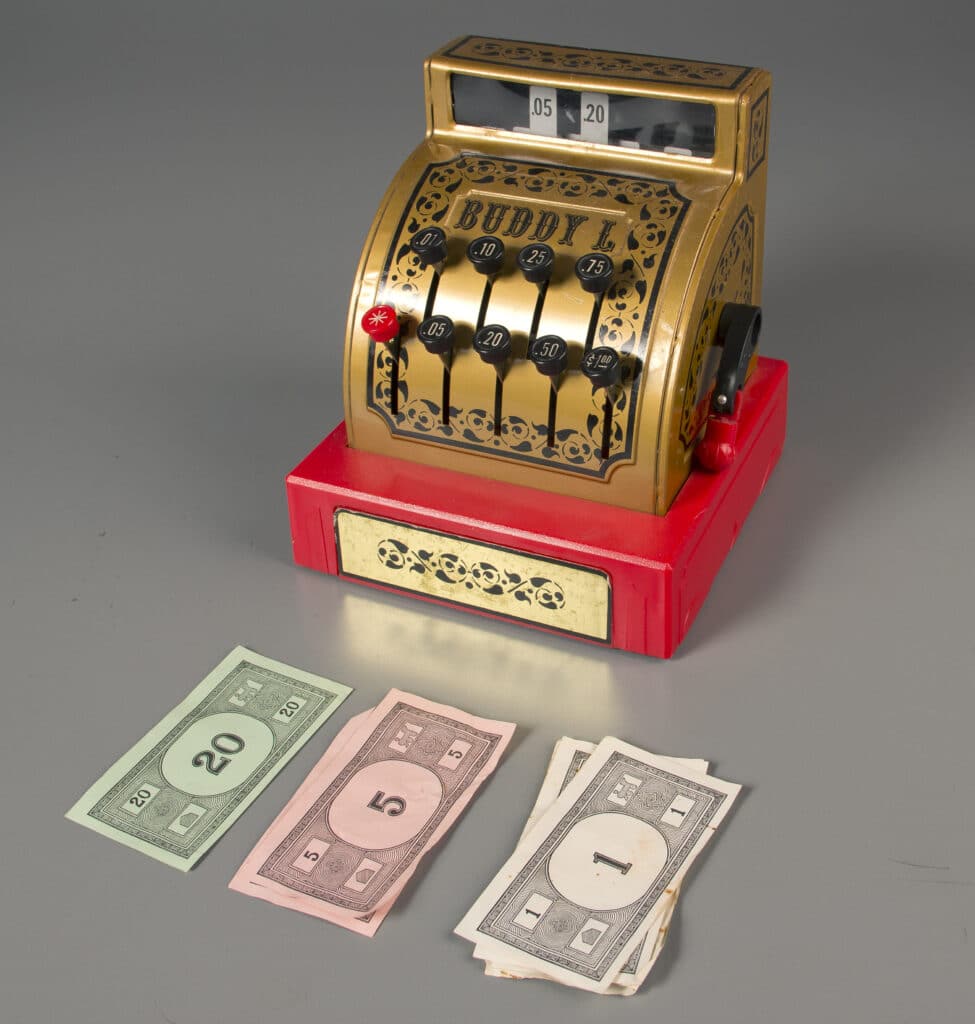
I have to say, I think the truest betrayal was the expectation set by the economy during childhood play. Every cash register was full, customers were always stopping by, and they never got to keep anything they bought, so it was pure profit. The board game Pay Day (the 2000 edition specifically) was popular in my house, but I’m beginning to think it established some false impressions about finances. I closed a lot more deals, won a lot more lotteries, and got a lot more bonuses in that game than I do in real life. My finances were way less complicated. Same thing with The Game of Life. The houses I bought and the sizes of the families I had in that game are completely unattainable.
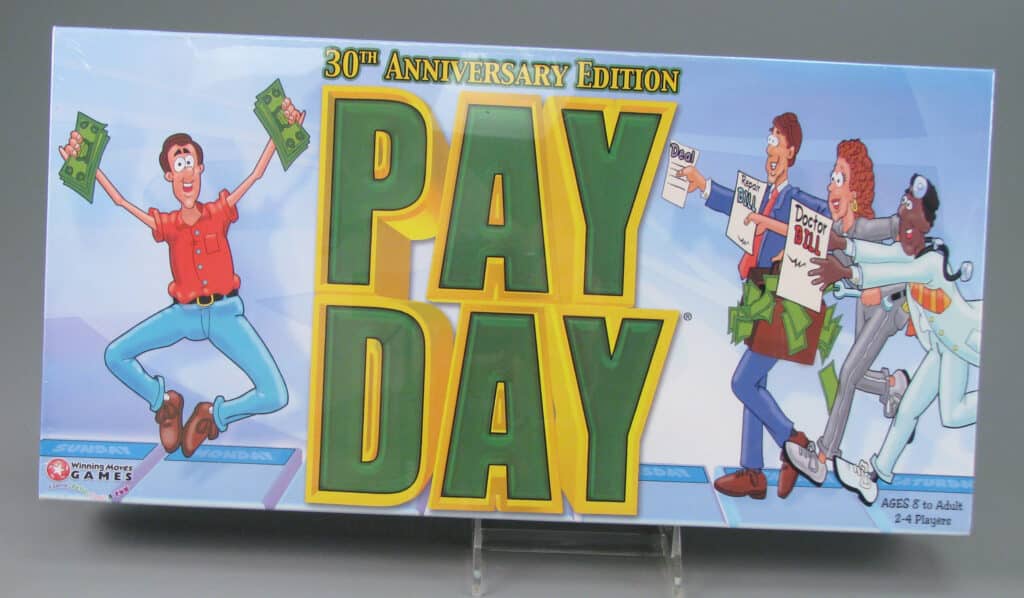
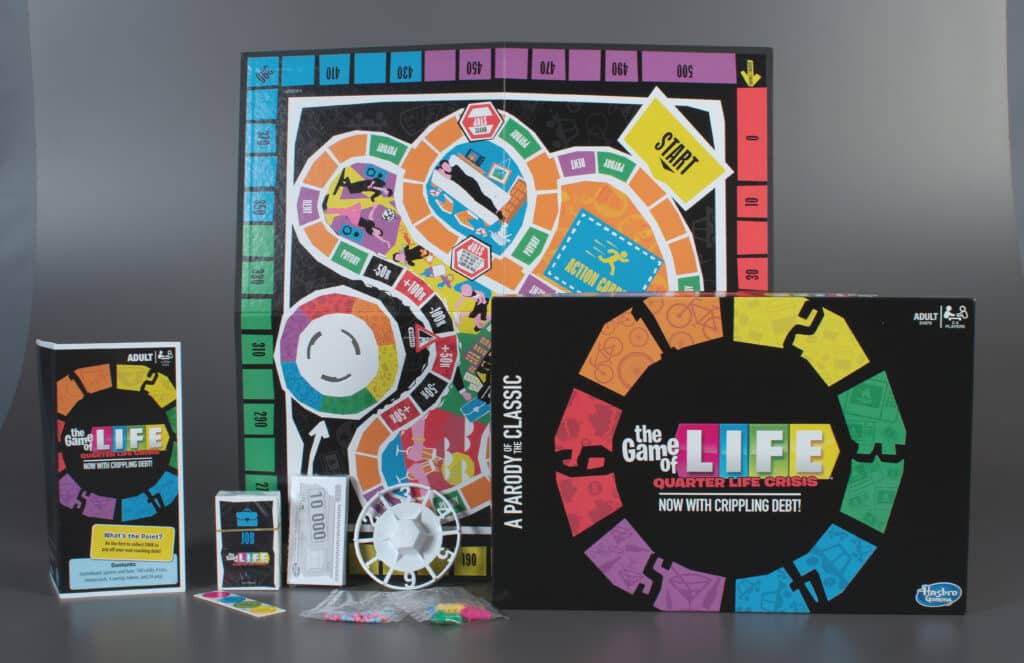
The Game of Life in general needs some attention for its delivery of unrealistic expectations for life. I’ve ended my “life” winning a Nobel Prize, being elected mayor, writing a bestseller, and having six children, all while working as an artist and retiring to Countryside Acres. How was that supposed to prepare me for the expense-to-income ratio of late-stage capitalism? Why can’t I press CTRL + Shift + C and type the “motherlode” cheat code 300 times like in The Sims 2 and then live a life of luxury with my magically acquired wealth? Maybe Hasbro had it right when they released The Game of Life: Quarter Life Crisis (Now with Crippling Debt!).
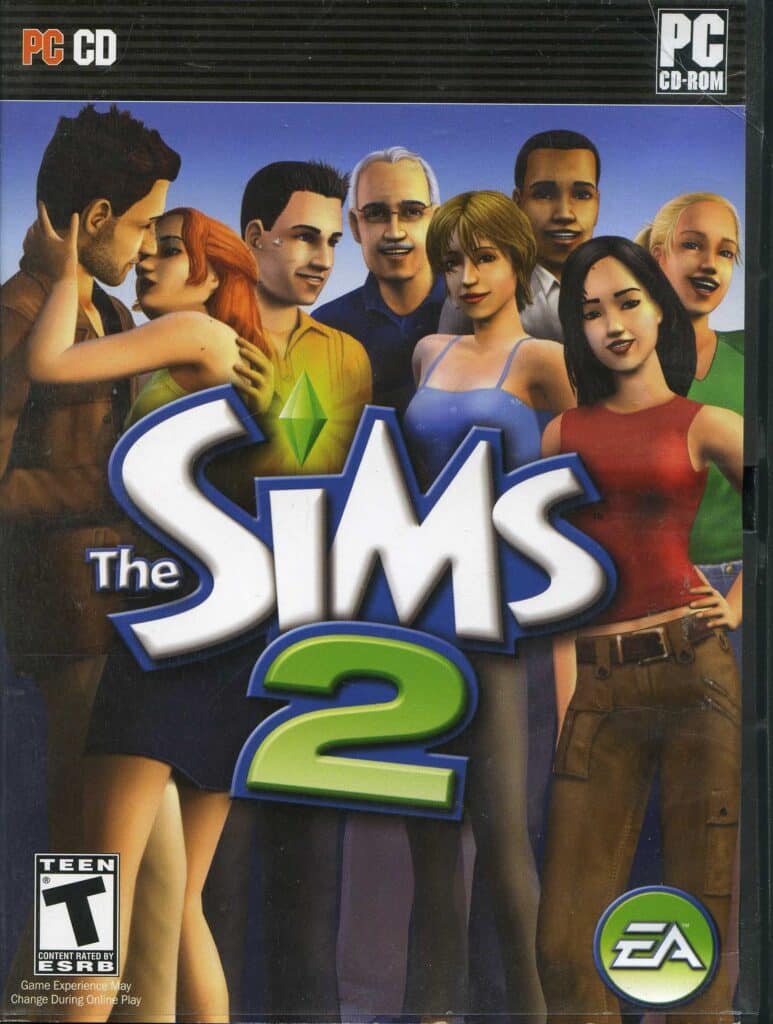
Perhaps the last six paragraphs of complaining are also a cover for a certain melancholy that comes with thinking about a time in my life with fewer worries and more imagination. Maybe there’s a kid inside me begging to set aside the have-to-do for more of the want-to-do. Maybe it’s the rose-colored glasses that come with nostalgia. Maybe it’s a symptom of millennial burnout, pressure, and anxiety. Or maybe it’s just easier to yell into the abyss, “What gives?!”



